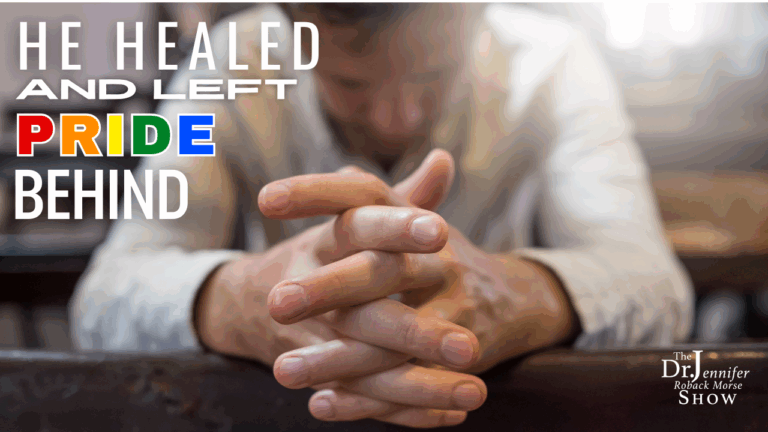By Dr. Jennifer Roback Morse at National Catholic Register June 28, 2024
COMMENTARY: The social changes in the past 30 years have not actually improved the mental health of the people who were supposed to be helped.

The social acceptance of homosexual behavior has greatly increased over the past 30 years. In that time, the United States has changed the definition of marriage, the structures of the military, the curriculum of our public schools and the objectives of our foreign policy.
Many people supported these changes because they thought this greater social acceptance would make self-identified gays and lesbians feel better. I propose that we stop and ask: Have these changes actually improved the mental health of the people who were supposed to be helped?
No serious researcher in this arena denies that the rates of psychological distress are higher for self-described gay men and lesbian women than for everyone else. The measures that have been studied include substance abuse disorders, affective disorders, anxiety disorders, mood disorders, self-harm, eating disorders and suicidal tendencies. Researchers across the board agree on these basic facts. The only question is why.
One common explanation for the poorer mental health of non-heterosexuals is called the “minority stress theory.” Unjust discrimination explains the differences between the mental health of people who are exclusively heterosexual and everyone else.
Asking individuals about their personal experiences with various forms of discrimination does indeed show a correlation with their mental health. Not surprisingly, children who get bullied or beaten are more likely to be depressed than children who are not. In this sense, we can say that discrimination or mistreatment accounts for some differences in mental illness or psychological distress.
But measures like these do not account for all the differences. The problem for the minority stress theory arises when we ask questions designed to get at the picture for society as a whole.
Is it true that the mental health of gay men and lesbian women is better in societies that are more accepting of them? We can look across societies or at the same society over time.
A team of researchers from the Netherlands examined measures of mental health, including anxiety disorder, phobias, substance abuse, depression and bipolar disorder. The team published a study in 2001 based on data collected in 1996. They concluded:
“Psychiatric disorders were more prevalent among homosexually active people compared with heterosexually active people. Homosexual men had a higher 12-month prevalence of mood disorders and anxiety disorders than heterosexual men. Homosexual women had a higher 12-month prevalence of substance use disorders than heterosexual women. … More homosexual than heterosexual persons had 2 or more disorders during their lifetimes.”
The same team performed the same analysis on data gathered in interviews during 2007- 2009 and published it in 2014. Here is their conclusion from the second study which compared the two studies:



